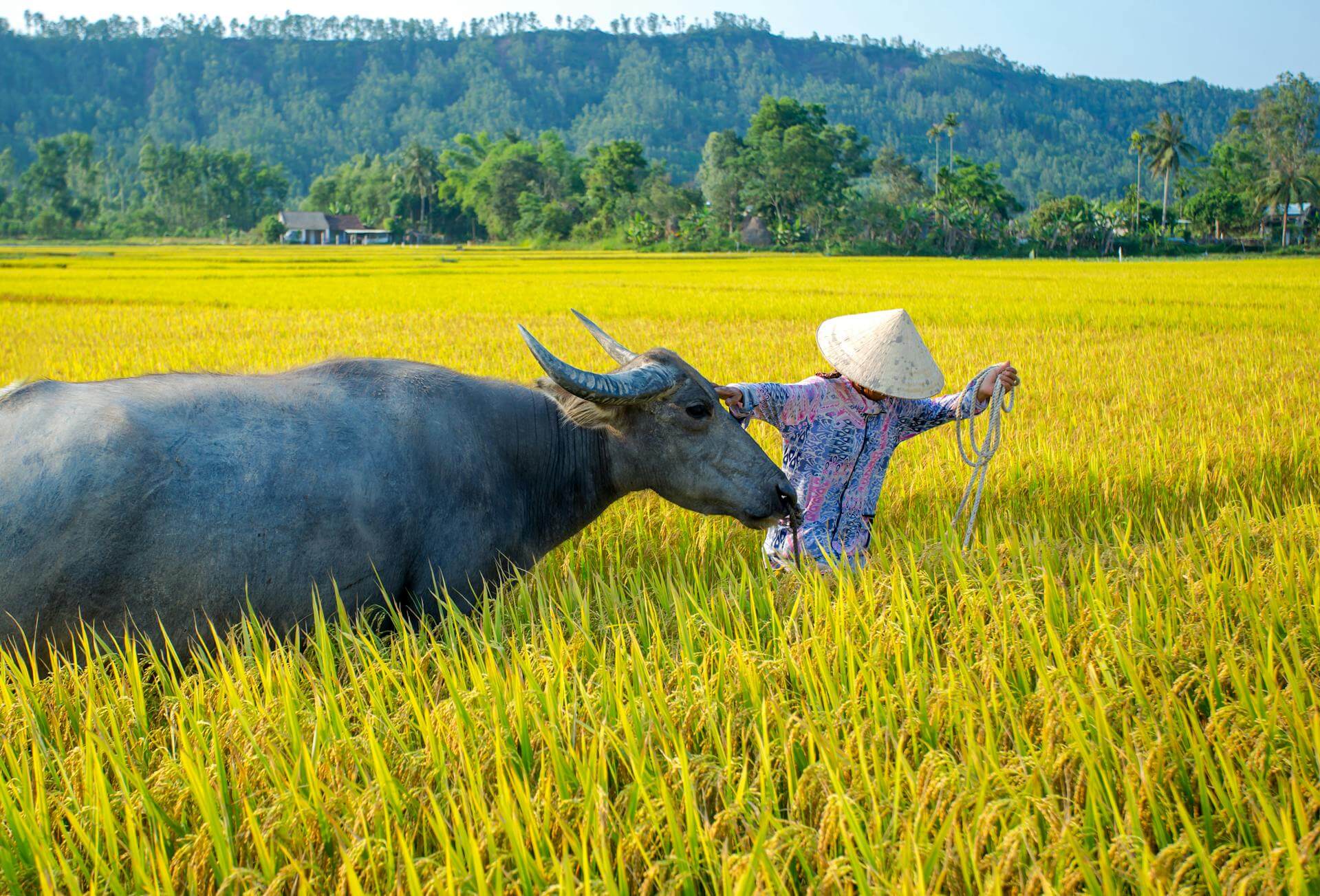In a world where travel is increasingly accessible, it’s time we ask not just where we go, but how we go. While stunning beaches, historic landmarks, and bucket-list adventures lure millions of travelers each year, the unseen reality often lingers just behind the postcard-perfect scenery—struggling communities, underpaid labor, over-touristed neighborhoods, and diluted cultures.
But it doesn’t have to be this way.
The way we choose to travel can uplift or undermine. Done right, travel can be more than just an escape—it can be a force of empowerment. This isn’t about guilt-tripping you out of your vacation plans. It’s about reimagining them in ways that leave behind a positive footprint. It’s about asking, “When I leave this place, will I have made it better—or just taken something from it?”
The Problem with Traditional Tourism
Before diving into how to travel responsibly, let’s understand the issues with mass tourism.
Over the last few decades, tourism has boomed into a trillion-dollar global industry. But the wealth it generates often bypasses the very people who make our experiences memorable. In many cases:
- Local artisans are undercut by imported souvenirs.
- Tour guides and service staff are poorly paid while international agencies reap the profits.
- Natural ecosystems are damaged by unchecked development and unsustainable visitor numbers.
- Cultural traditions are reduced to performances for the tourist gaze, stripped of context and meaning.
This isn’t about vilifying travel. On the contrary, travel can change lives—for both the traveler and the host. But we must shift from being passive consumers of experience to active contributors of value.
So how can your next trip become a gift, not a burden, to the community that welcomes you?
1. Choose Locally-Owned Accommodations and Businesses
When you stay at a multinational hotel chain, most of your money flows right back to corporate headquarters in another country. But when you stay at a locally-owned guesthouse, you’re directly supporting a family or entrepreneur who reinvests in the local economy.
Similarly, eating at a mom-and-pop restaurant or buying crafts from a street vendor has ripple effects. Every dollar you spend locally:
- Puts food on a family’s table
- Helps send a child to school
- Supports sustainable farming and craftsmanship
- Strengthens the economic independence of the region
Pro tip: Avoid platforms that obscure ownership. Dig a little deeper. Ask: Who runs this hotel? Where was this souvenir made? Is this tour group local or outsourced?
2. Rethink Souvenirs: Buy Stories, Not Trinkets
Let’s be honest. How many fridge magnets or cheap keychains end up forgotten in drawers?
Instead, consider purchasing handcrafted goods with real cultural significance. When you buy from artisans who pass down traditional methods—wood carving, embroidery, basket weaving, pottery—you help preserve their heritage.
Better yet, engage with the makers. Learn the story behind the object. That carved wooden bowl isn’t just a decoration—it’s a piece of someone’s legacy. It holds meaning, skill, and time. You’ll walk away with something far more valuable than a mass-produced item: a connection.
Warning: Be wary of cultural appropriation. Avoid items that exploit sacred symbols or mock indigenous practices. If you’re unsure, ask the seller or a local guide for context.

3. Seek Out Community-Based Tourism
Community-based tourism (CBT) is an approach where locals own and manage tourism experiences, allowing them to share their way of life while benefiting directly from your visit.
This could look like:
- Homestays in rural villages where you cook, eat, and live alongside hosts.
- Walking tours led by formerly marginalized residents (e.g., ex-street children or refugees sharing their perspectives).
- Workshops where you learn crafts, farming, or cooking traditions directly from community members.
These aren’t charity experiences. They are mutual exchanges rooted in respect. They empower locals as educators, business owners, and cultural ambassadors.
And they offer you something no luxury resort ever can: authenticity, human connection, and humility.
4. Respect the Land and Its Stewards
Sustainable travel isn’t just about people—it’s about the environment they live in.
Over-tourism has choked many natural sites: coral reefs destroyed by careless snorkeling, sacred mountains trashed by plastic, forests paved for roads to tourist attractions.
Ask yourself: What does this land mean to its people? Is this beach just a pretty spot—or is it a sacred site? Is that waterfall part of a local water system?
Whenever possible, choose eco-certified lodges, zero-waste tour companies, and wildlife experiences that do no harm. Never ride elephants, cuddle drugged tigers, or support any practice that commodifies animal suffering.
And perhaps most importantly: Leave no trace. What you carry in, you carry out.
5. Educate Yourself Before You Go
Travel is not a license to behave differently than you would at home. But it is an opportunity to grow.
Learn about the history, culture, and current struggles of the place you’re visiting. Who are the indigenous people? What political context are you entering? What are considered rude gestures or taboos?
This isn’t just about avoiding faux pas. It’s about entering someone’s home with humility.
Would you barge into a stranger’s house, prop your feet on their table, and start taking selfies? Probably not. Traveling without cultural awareness is just as offensive.
When you understand the context, every interaction becomes richer, more meaningful—and more responsible.

6. Travel Slower, Stay Longer
Fast travel often means superficial experiences. It’s the hit-and-run version of tourism—see the sights, snap the pics, move on.
But slower travel allows for deeper relationships and meaningful contributions.
Staying longer in one place enables you to:
- Get to know locals as people, not service workers
- Understand social dynamics, economic issues, and environmental concerns
- Volunteer or collaborate on small-scale community projects
- Reduce your carbon footprint from transportation
Even an extra three days in one spot can give you the time to truly connect.
7. Volunteer Responsibly (And Avoid “Voluntourism”)
Helping out sounds noble. But not all volunteering is helpful.
Some forms of “voluntourism”—like short-term orphanage visits or unskilled construction work—do more harm than good. They can foster dependency, displace local workers, or even exploit vulnerable populations.
If you want to contribute your time, ask:
- Is there a clear community need for my skills?
- Am I qualified to do this work?
- Is this organization locally led and accountable?
- Will this initiative last beyond my visit?
Better yet, look for programs that train and empower locals instead of substituting them. You’re not there to “save” anyone. You’re there to support.
8. Use Your Voice, Platform, and Money Wisely
Sometimes, supporting a community means amplifying its stories.
Share your experiences—but do so ethically. Don’t take photos of children without permission. Don’t reduce people to exotic “content.” Instead, highlight the businesses you loved, the artists you met, the guides who moved you.
Leave glowing reviews. Tag their pages. Recommend them to friends. A single social media post can bring visibility—and income—to someone trying to grow a dream.
Also, consider putting your money where your values are:
- Donate to local NGOs or community projects.
- Support education scholarships or women’s cooperatives.
- Fund medical clinics, art centers, or language schools.
- Tip generously, especially in places where wages are low.

9. Travel Not Just to See, But to Understand
In the end, travel that gives back isn’t just about ethical checklists or eco-badges. It’s about a mindset shift.
It’s about walking into a village and realizing: this is not a backdrop for my photos—it’s someone’s life. It’s about listening before speaking. Asking before assuming. Offering before demanding.
The real gift you leave behind might not be financial. It might be the respect you show. The curiosity you bring. The stories you take home and tell with care.
Final Thoughts: You Are Not Just a Visitor—You Are a Guest
To travel is a privilege—one that not everyone in the world can afford. And with that privilege comes responsibility.
But don’t be overwhelmed. Every little choice matters. The restaurant you choose, the taxi you take, the words you learn in the local language—these add up. They ripple outward.
So the next time you plan a trip, remember this:
You’re not just visiting a place. You’re entering a story.
Travel kindly. Travel consciously. Travel in a way that gives back more than it takes.
And if you do, the memories you make will be more than snapshots—they’ll be footprints of dignity, connection, and love.

